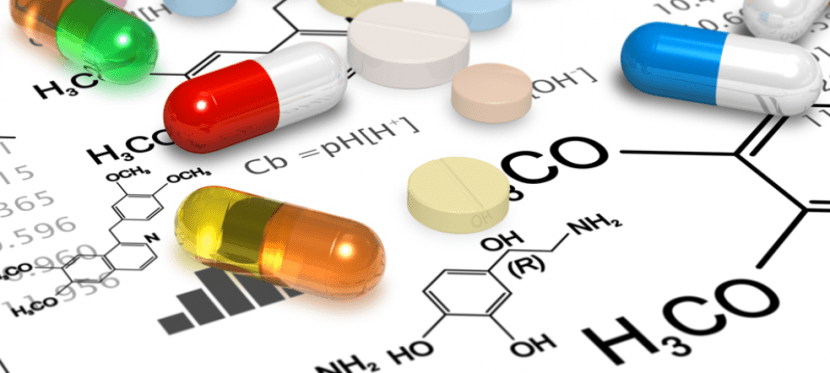
To this day talk about Artificial Intelligence is to do it, without a doubt, on one of the most recurrent topics in the world of software and hardware design, not in vain practically all universities and research and development centers have experts working on the subject, not to mention that, we are talking about that today may be one of the highest paying jobs in the world of computing.
Far from all this, the truth is that little by little the subject of artificial intelligence is being imposed in practically all sectors related to computing, the internet of things or social networks, to mention some of the sectors where It seems that any user, although sometimes without even knowing it, uses this type of software platform. At this point, it should be noted that not only in these sectors is artificial intelligence being imposed but little by little it is advancing in other scientific areas as, in this case, the development of new drugs.

A team from MIT has succeeded in designing software capable of creating new drugs
One of the main problems facing the pharmaceutical sector, if it can be called that, is that the development of new molecules is still necessary, something necessary to create new drugs, is carried out manually. A process that curiously is the same both to create a completely new drug and an evolution of an existing one to improve its properties.
Basically and without going into too much detail, what chemists do in this type of process is to select a molecule whose potential is known to combat a very specific disease. A series of manual adjustments are made on this already selected molecule in order to enhance its effects. Regrettably this task usually takes the chemists involved a long time for, after all this work, not getting the expected results.

This software can save a lot of work for chemists involved in the development of a new drug
As you can see, until now the work of a chemist when designing a new drug was a task that could be quite frustrating, at least until now. I say this since the Laboratory of Computer Science and Artificial Intelligence in a joint work with the Department of Electrical Engineering and Computer Science, both belonging to the Massachusetts Institute of Technology (MIT) have managed to design software capable of automating the drug design process through the use of automated learning systems.
During the first tests carried out with this new software, capable of select molecules with potential to combat a certain disease based on the desired properties of the drug for modify molecular structures of the same in order to achieve the highest possible potency while remaining chemically valid.
In the words of Rob matheson, MIT doctor:
The model basically takes data from the input molecular structure and directly creates molecular graphs: detailed representations of a molecular structure, with nodes representing atoms and edges representing bonds. You break down those graphs into smaller groups of valid functional groups that you use as 'building blocks' that help you more accurately reconstruct and better modify molecules.

There are still many months of work to get the software to work without any problem
The negative part of this project is that it is just a job that still has a lot of development ahead of it. Even so, it is especially striking that this new software has achieved much more effective results than other systems designed to automate the drug design process since all the molecules created during the tests were valid, while other widely accepted models, have a validity rate of 43%.
In the words of Wengong jin, PhD student at MIT's Laboratory of Computer Science and Artificial Intelligence:
The motivation behind this was to replace the inefficient human modification process of designing molecules with automatic iteration and ensuring the validity of the molecules we generated.